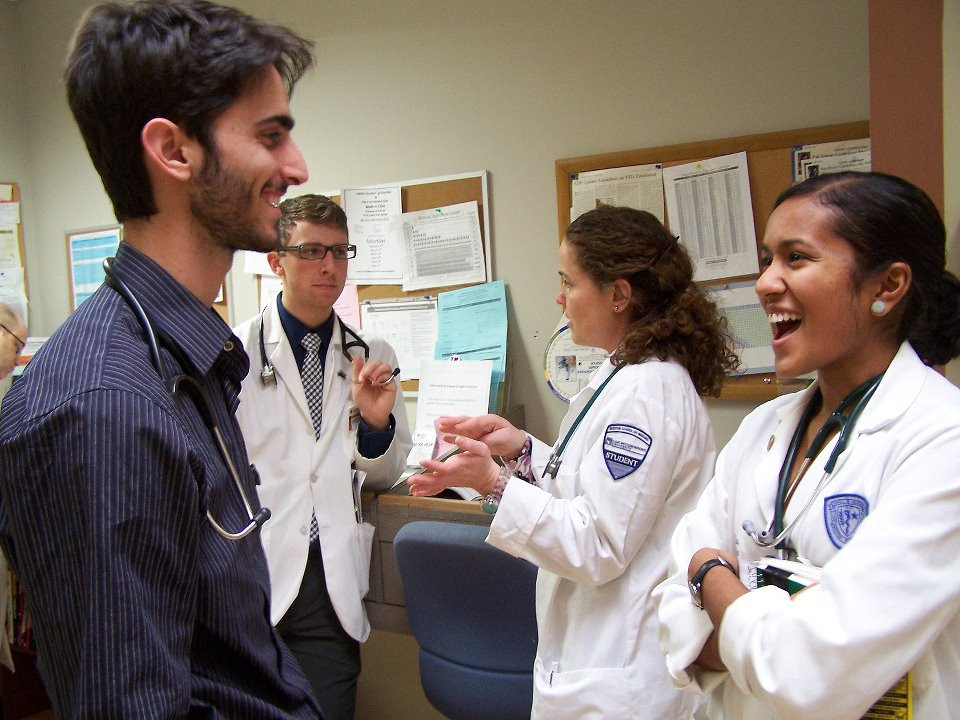
Across the health care professions, education is moving towards a competency-based training system. The goal is to ensure that every trainee—whether a physician, nurse, pharmacist, social worker or other health care professional—is proficient in the competencies necessary to care for a patient. One of these competencies essential to providing high quality patient care in today’s complex health care delivery system is teamwork. Every practicing health care provider knows that medicine is a team sport. In fact, embedded within competency-based education is a goal to train our learners to work together using each other’s strengths to provide the best possible care for our patients. However, we have no way of knowing whether we are doing a good job because we do not have a way to measure it.
We know that teamwork, collaboration and communication between health care professionals can help patients. For example, medical errors are the third leading cause of death in the United States. And communication errors are the primary root cause reported to the Joint Commission. Interprofessional collaboration also promotes patient-centered care, reduces readmission rates and is more likely to address the patients’ needs. Because of this, many institutions provide interprofessional education—teaching us about the different health care professions and how to work together.
However, an important piece is missing. No robust evaluation tools that we can use to assess interprofessional collaboration while providing clinical care to our patients exist. We need to develop a strategy to assess our learners’ ability to collaborate. As a Macy Faculty Scholar, I hope to develop such an assessment strategy with the help of an interdisciplinary team of experts across the health care professions.
The team includes experts in education in nursing, occupational therapy, pharmacy, physical therapy, primary care, respiratory therapy and social work. Many of our professions already have a framework for what collaboration with team members from other professions looks like. The team will review this and come up with a list of essential items. This will include the attitudes, skills and knowledge that one would need in order to collaborate well with others.
Once this list is generated, we will test it both in a simulated and an actual clinical learning environment. We will first check the list using videos where we know the “right answer” to make sure we are measuring what we set to measure. The videos will show examples of “good” and “bad” interprofessional behavior that the raters will watch to see if the tool works to distinguish between learners. We will then test it in the real world by observing teams caring for patients in the hospital.
Interprofessional collaboration is essential to delivering quality patient-centered care. While many curricula and interventions have been proposed to improve such collaboration, no assessment tools with score reliability and validity are available to measure improvement or competence in this skill. The goal of my Macy Faculty Scholar work is to develop such an instrument to use across health care professions and settings in a real-time manner that will drive both formative feedback and competency assessment.